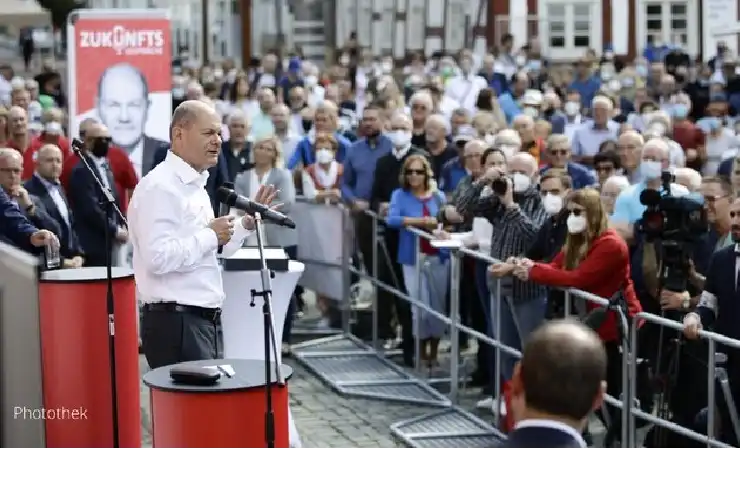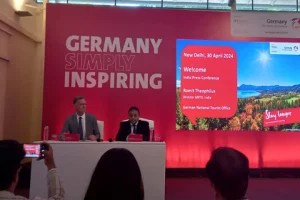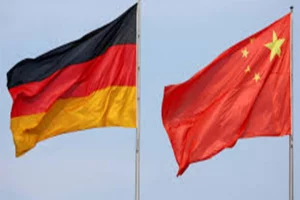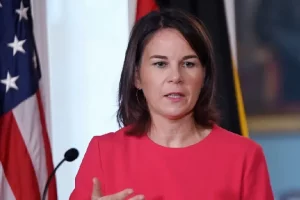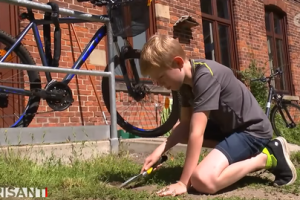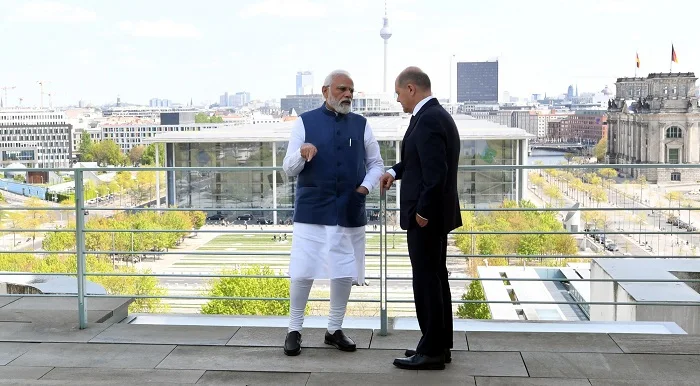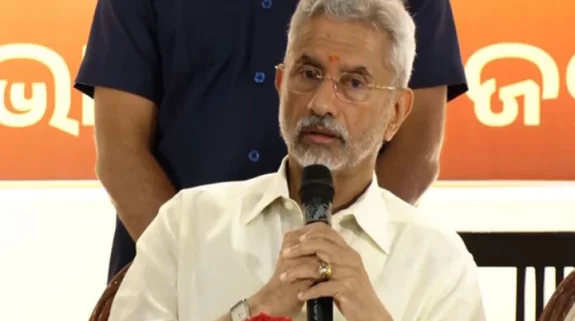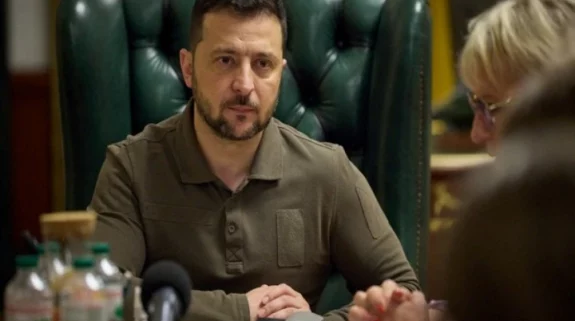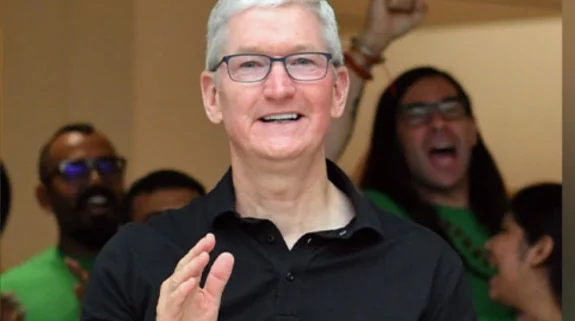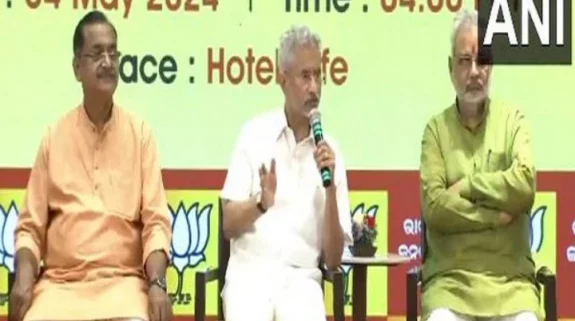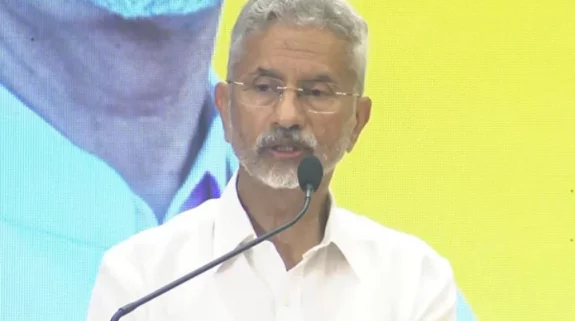Once again Germany elections have thrown up a mixed result. Top political parties will now sit down to negotiate with the smaller parties to form a government.
Some leaders have already voiced their approval for joining coalition consultations. India Narrative profiles the leaders in Germany politics–all of who are trying to come out of Angela Merkel's 16-year-long shadow.
Olaf Scholz (SDP)
Leader of the Social Democratic Party (SDP), Scholz has done the impossible. The SDP, a coalition partner with Merkel, has finally managed to defeat Angela Merkel's Christian Democratic Union (CDU), though with a narrow margin.
Right now Scholz is a strong contender for the top slot in Germany. He comes with rich experience as the Finance Minister and Vice-Chancellor under Merkel.
One of Germany's most influential politicians, he has moulded himself on Merkel despite being from the opposition party. Scholz himself has been saying that the voters need a change. Many believe that he is popular with the electorate despite his boring speeches for which he has been nicknamed "Scholzomat"
On the other hand, he is considered to be conservative and cautious in his fiscal approach. The voters love him for his stand on supporting a wealth tax and increasing the minimum wages. Scholz–who has moulded himself in Merkel's shoes and takes pride in it, is pitted against Armin Laschet of Merkel's CDU.
Armin Laschet (CDU)

He has been the party's favourite to step into Merkel's shoes–itself is an onerous task. Pitted against the leader of the Social Democratic Party (SDP)–Olaz Scholz–Laschet has had a somewhat poor election campaign marked by mistakes. But Laschet is also known for his endurance and the ability to wear out the competition.
One of the mistakes that painted him insensitive was when he was caught by television cameras laughing during a tribute to the victims of Germany's worst floods in decades. Many have also criticised him for his ineffective response to the Covid-19 pandemic.
Despite some of his weaknesses witnessed during the election campaign, he has risen within the CDU to defeat more powerful opponents. A devout Catholic, he calls himself a European–a quality seen as good to keep Europe together in times when the continent is thinking of carving out a new identity for itself in global politics.
Coming from a family of coal-miners, Laschet wears his humble working-class origins on his sleeve. This is probably one of the reasons that he has been an open votary on immigration, including the newly-displaced people from Afghanistan.
Annalena Baerbock (Green Party)

Climate change, with its potent impact like heat waves and floods, has shown its fury in Europe. This year Germany saw devastating floods and many deaths. Despite the concerns among the people, and the German Greens being around for decades, votes have not poured in, though the percentage of support for the Germany Green party has gone up.
Analysts say Baerbock's election campaign has been marred with controversies and apologies. She ran through a fog of allegations–a racial slur, improper attribution in her book, embellishing her CV and similar other issues.
Also, Baerbock presents a contrarian figure to German voters–at just 40, she is considered to be young. She wears leather jackets, while German voters would prefer their candidates in formal suits.
Even as Baerbock appeals to the educated classes, the younger generation and women, she does not connect in East Germany or with some of the older voters.
She recently said that many people still do not understand that a poor environment will impact society in terms of wealth and freedom. This is a conundrum which the party still has to tackle.
Christian Lindner (FDP)

The chairman of the Free Democratic Party once again finds himself as the kingmaker. Rising to the occasion, he has already said that his party is willing to support a coalition.
His electoral run was aggressive–he criticised the government for its coronavirus response including blanket lockdowns. His party stands for a liberal economy, lower taxes and a step back on welfare measures.
The party is also clear that it wants higher personal freedom, less governmental intervention, expanding educational opportunities and protection of personal data.
Many in Germany refer to the FDP as a "party of Porsche drivers" because of its stand on reducing taxes for the rich. Lindner himself is not entirely in agreement with climate change and believes that such issues can be tackled by Germany engineering.
In the previous elections, he had walked out of the coalition talks with the CDU and other parties, saying that it is better not to govern than to govern wrongly.






